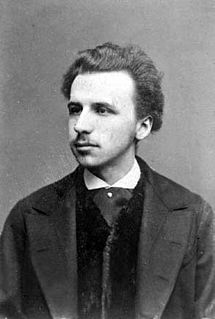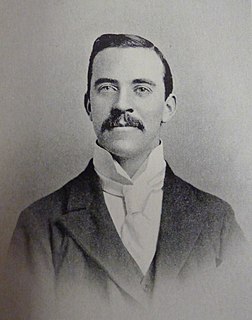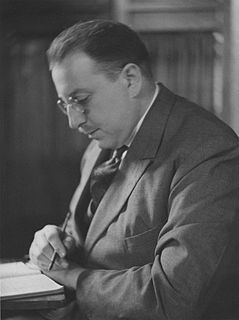 W
WJohn Russell, Viscount Amberley, was a British politician and writer. He was the eldest son of John Russell, who twice served as Prime Minister of the United Kingdom, and father of the philosopher Bertrand Russell. Amberley is known for his unorthodox views on religion and for his active support of birth control and women's suffrage, which contributed to the end of his short career as Liberal Member of Parliament.
 W
WGeorge Bedborough Higgs was an English bookseller, journalist and writer who advocated for a number of causes, including sex reform, freethought, secularism, animal rights, vegetarianism, and free love. He was the secretary of the Legitimation League and editor of the League's publication The Adult: A Journal for the Advancement of freedom in Sexual Relationships. Bedborough was convicted for obscenity in 1898, after being caught selling a book on homosexuality; the case of Regina v. Bedborough, has also been referred to as the Bedborough case or Bedborough trial.
 W
WAnnie Besant was a British socialist, theosophist, women's rights activist, writer, orator, educationist, and philanthropist. Regarded as a champion of human freedom, she was an ardent supporter of both Irish and Indian self-rule. She was a prolific author with over three hundred books and pamphlets to her credit. As an educationist, her contributions included being one of the founders of the Banaras Hindu University.
 W
WCharles Bradlaugh was an English political activist and atheist. He founded the National Secular Society in 1866.
 W
WHelen Brook, CBE, born Helen Grace Mary Knewstub, was a British family planning adviser who in 1964 founded the Brook Advisory Centres with the primary aim of reducing the number of illegal abortions and "to inculcate a sense of sexual responsibility in the young". She was appointed CBE in 1995. On 14 December 2016 she was named as one of seven women chosen by BBC Radio Four's Woman's Hour for their 2016 Power List of women deemed to have had the greatest influence on women's lives over the past 70 years.
 W
WRichard Carlile was an important agitator for the establishment of universal suffrage and freedom of the press in the United Kingdom.
 W
WCaroline Merula Deys was a British family planning doctor and later general practitioner. She won a key case against a General Medical Council complaint in 1972 that had been motivated by her work on legalising abortion in the UK. She performed around 4750 vasectomies in the 1970s, when she was the only female doctor specialising in the procedure in Europe.
 W
WWendy Elsa Greengross was a British general practitioner and broadcaster. The Independent called her "a pioneering counsellor and one of the leading figures in fighting for equal rights for the disabled and the elderly".
 W
WNorman Haire, born Norman Zions was an Australian medical practitioner and sexologist. He has been called "the most prominent sexologist in Britain" between the wars.
 W
WFrancis Place was an English social reformer.
 W
WMargaret Amy Pyke was a British family planning activist and pioneer. A founding member of the British National Birth Control Committee (NBCC), later known as the Family Planning Association (FPA), she succeeded Lady Gertrude Denman as chairman of that organization in 1954.
 W
WKatharine Louisa Russell, Viscountess Amberley, often referred to as Kate, was a British suffragist and an early advocate of birth control in the United Kingdom. She was the mother of the philosopher Bertrand Russell.
 W
WLady Henry Somerset was a British philanthropist, temperance leader and campaigner for women's rights. As president of the British Women's Temperance Association she spoke at the first World's Woman's Christian Temperance Association convention in Boston in 1891.
 W
WMarie Charlotte Carmichael Stopes was a British author, palaeobotanist and campaigner for eugenics and women's rights. She made significant contributions to plant palaeontology and coal classification, and was the first female academic on the faculty of the University of Manchester. With her second husband, Humphrey Verdon Roe, Stopes founded the first birth control clinic in Britain. Stopes edited the newsletter Birth Control News, which gave explicit practical advice. Her sex manual Married Love (1918) was controversial and influential, and brought the subject of birth control into wide public discourse. Stopes publicly opposed abortion, arguing that the prevention of conception was all that was needed, though her actions in private were at odds with her public pronouncements.
 W
WAlice Vickery was an English physician, campaigner for women's rights, and the first British woman to qualify as a chemist and pharmacist. She and her life partner, Charles Robert Drysdale, also a physician, actively supported a number of causes, including free love, birth control, and destigmatisation of illegitimacy.